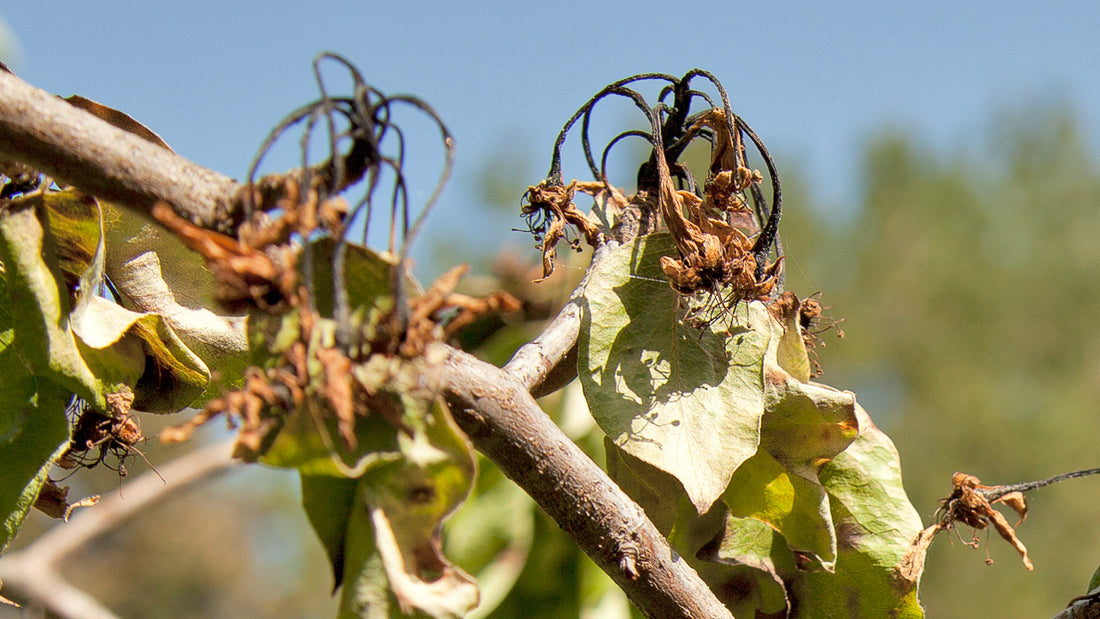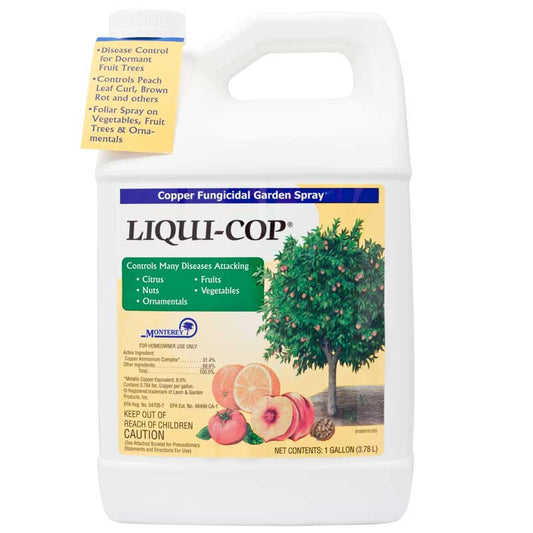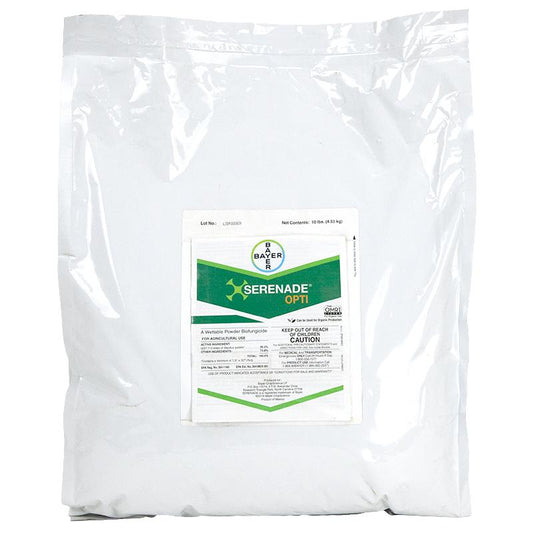Fire Blight Is A Common Disease for Plants
The two models, CougarBlight Model and Maryblyt Model, have been developed by Universities to assess the risk of susceptible trees (apples and pears) to fire blight infections based on climate conditions. The CougarBlight Model was developed for fire blight in Washington state. The current model is version 5.1 and can be found at the Washington State University Extension site. The model is focused on temperatures during spring and early summer when flowers are open and most susceptible to new infections.
If you enjoy looking at charts and graphs then check out the site! It graphically shows the relationship of temperature and increase in bacteria colony size or growth of the bacteria Erwinia amylovora. For the bacteria to infect the tree and grow the right combination of moisture, temperature and blossoming stage must occur. The model provides useful information, especially for large orchards. 
The Maryblyt is a model developed for predicting infections and development of fire blight in apples and pears as well. The University of California Integrated Pest Management web site has summarized the basis of the model and how to use it to predict the risk of developing fire blight in susceptible fruit trees. The site is very helpful at summarizing both models and how to use the information to determine risk and treatment recommendations. The models are interesting and helpful.
You can also read our blog on Controlling Fire Blight Organically for information on identifying fire blight and what to do organically if your tree is infected. Keep a close eye on your apple and pear trees for any signs of fire blight.
Manage the infection early and don't wait!



